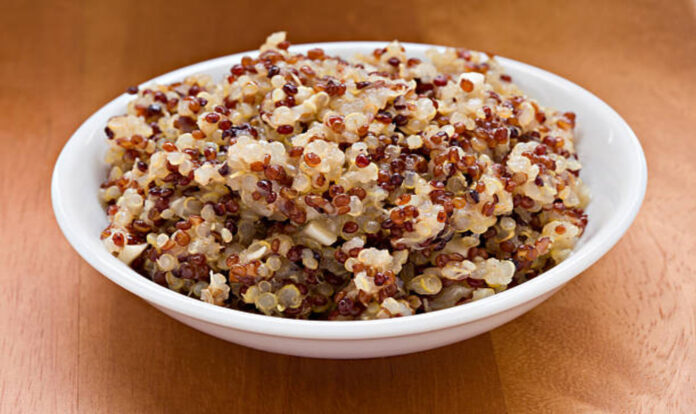In the world of superfoods, one name stands out for its remarkable nutritional profile and impressive health benefits: quinoa. Hailing from the high-altitude regions of the Andes, this tiny seed has gained significant popularity in recent years for its exceptional nutritional value and versatile culinary uses. Packed with an array of essential nutrients, quinoa has emerged as a staple in the diets of health-conscious individuals worldwide. One of the most notable benefits of quinoa is its exceptional protein content. Unlike most grains, quinoa is a complete protein, meaning it provides all nine essential amino acids that our bodies require for optimal functioning.
This makes it an excellent choice for vegetarians, vegans, and those looking to incorporate more plant-based proteins into their diets. Furthermore, quinoa is rich in fiber, aiding in digestion, promoting satiety, and maintaining a healthy weight. Quinoa’s impressive nutrient profile extends beyond protein and fiber. It is a great source of vitamins and minerals, including magnesium, phosphorus, manganese, and folate. Magnesium, for instance, plays a vital role in regulating blood pressure and supporting bone health. Additionally, quinoa contains antioxidants, such as quercetin and kaempferol, which help protect the body against oxidative stress and inflammation.
Another remarkable benefit of quinoa is its potential to aid in blood sugar control. Its low glycemic index (GI) score indicates that it doesn’t cause significant spikes in blood sugar levels. This makes quinoa an ideal choice for individuals with diabetes or those aiming to manage their blood sugar levels more effectively. Moreover, quinoa is naturally gluten-free, making it a valuable alternative for individuals with gluten intolerance or celiac disease. Its gluten-free status, combined with its high nutrient content, has propelled quinoa into the spotlight as a healthier substitute for traditional grains like wheat, barley, and rye. Quinoa’s versatility in the kitchen is yet another reason for its popularity.
It can be used in a multitude of dishes, from salads and soups to pilafs and even desserts. Its mild, nutty flavor and delicate texture complement a wide range of ingredients and cooking styles, making it a favorite among culinary enthusiasts. In conclusion, quinoa’s remarkable nutritional profile, including its high protein content, fiber, vitamins, minerals, and antioxidants, make it a valuable addition to any diet. Its ability to support healthy blood sugar levels, aid in digestion, and provide essential nutrients highlights its role as a nutritional powerhouse. Whether you’re a health-conscious individual, a vegetarian or vegan, or someone with specific dietary restrictions, quinoa offers a versatile and nutrient-rich solution to meet your needs.


